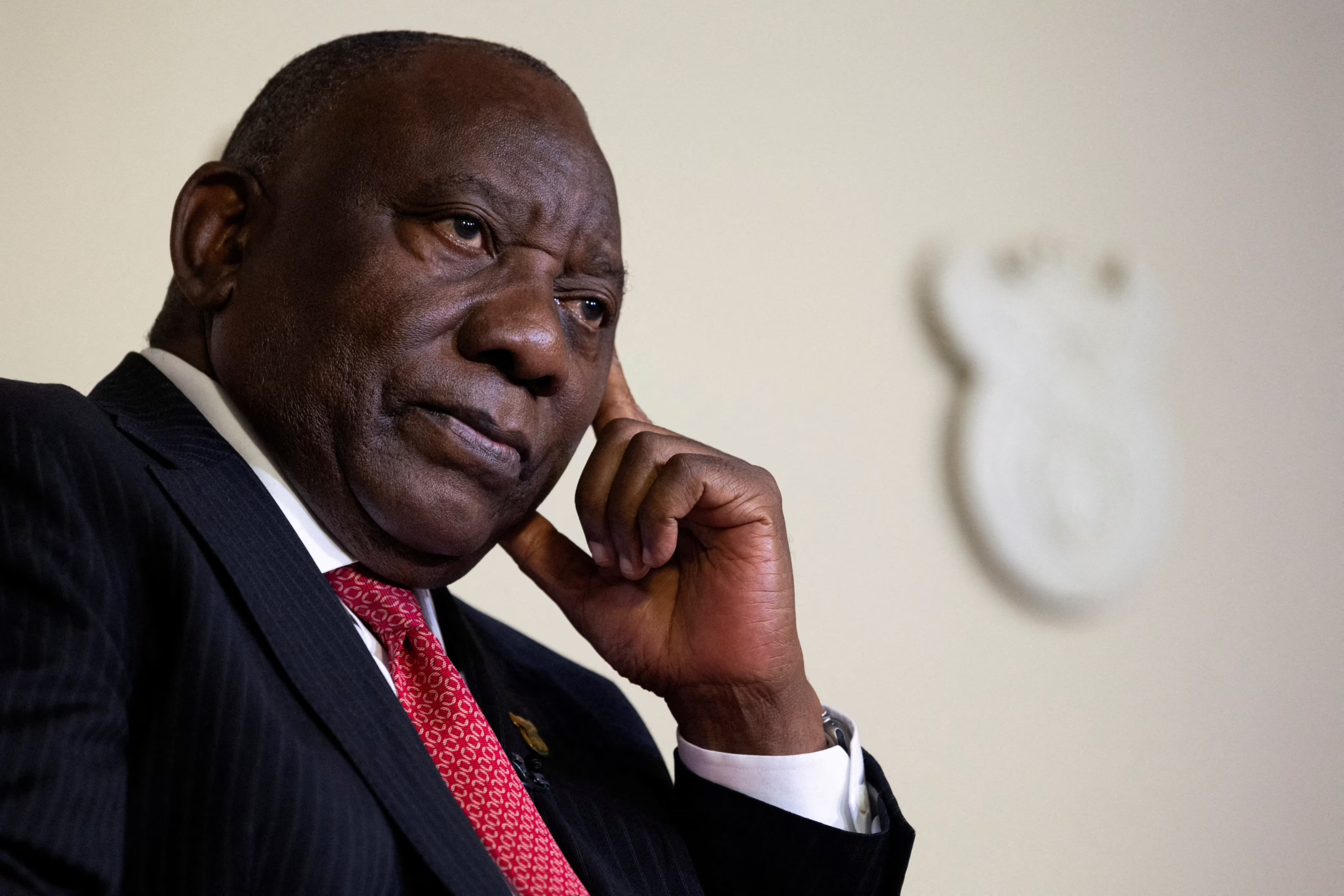South African President Cyril Ramaphosa pushed back on Monday against U.S. President Donald Trump’s threat to cut aid to South Africa over allegations of land confiscation and mistreatment of White farmers.
“South Africa is a constitutional democracy that is deeply rooted in the rule of law, justice and equality. The South African government has not confiscated any land,” Ramaphosa wrote on X.
“We look forward to engaging with the Trump administration over our land reform policy and issues of bilateral interest,” he wrote. He also emphasized that while the U.S. remains a key strategic political and trade partner, its financial contributions to South Africa are limited, apart from a major HIV/AIDS relief program.
Ramaphosa’s response followed Trump’s Truth Social post on Sunday, where he vowed to halt all future funding to the country unless a full investigation was conducted into claims that “South Africa is confiscating land, and treating certain classes of people VERY BADLY.”
Trump’s criticism of South Africa’s land policies dates back to his first term in 2018, reviving a long-standing debate over the nation’s complex land reform efforts. Under apartheid-era policies, Black and non-White South Africans were forcibly removed from their land to benefit White landowners. Since the country’s transition to democracy in 1994, its constitution has included provisions for land redistribution and restitution.
Despite these measures, economic disparities persist, with Black South Africans—who make up roughly 80% of the population—owning only a small fraction of the land. In January, Ramaphosa signed a new land expropriation law allowing the government to seize land without compensation in specific cases.
While the new law provides mechanisms for land reform, constitutional protections against uncompensated expropriation remain intact, and legal experts predict the policy could face court challenges if enforced.






